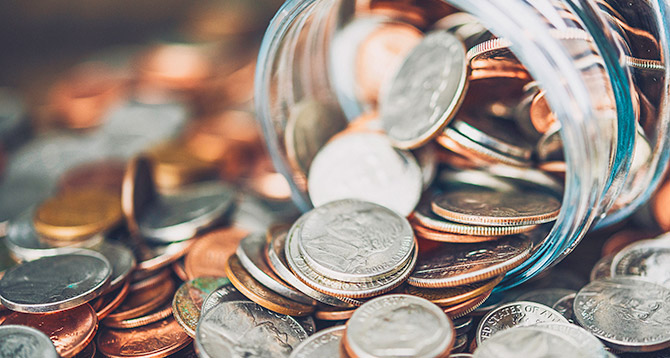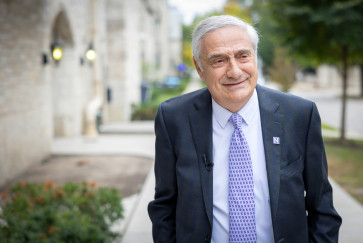You can think of ROSCAs, or rotating savings and credit associations, as informal banks. Many immigrant groups in the U.S., and indigenous groups worldwide, use ROSCAs, says Northwestern economics professor Lori Beaman. There are a variety of ROSCAs, but at their most basic level, they work like this:
You and four of your friends, for one reason or another, can’t, or don’t want to, open bank accounts. At the same time, you all want to be better at saving money. So you decide, as a group, to each contribute $1 per day to a joint pool starting on Saturday. Each Friday, one person gets to take all the money ($7 X five people = $35) for personal use. The cycle restarts the next day, with everyone contributing $1 per day until the following Friday, when another person takes the money. Over the course of five weeks, all five of you get to take home $35 on your assigned Friday.
ROSCAs, Beaman says, have a couple of key advantages to simply saving on your own. For one, when it’s your turn in the “rotation,” you get $35 faster than you would if you were saving solo. Secondly, social pressure incentivizes you to save. You don’t want to let down your friends by failing to contribute your daily dollar, so it’s easier skip unnecessary purchases.
Beaman has studied the impact of a more complicated ROSCA in Mali, showing that the association helped improve food security during the period when food stocks are typically lowest. You can read more about that work, as well as Beaman’s other projects, here.


